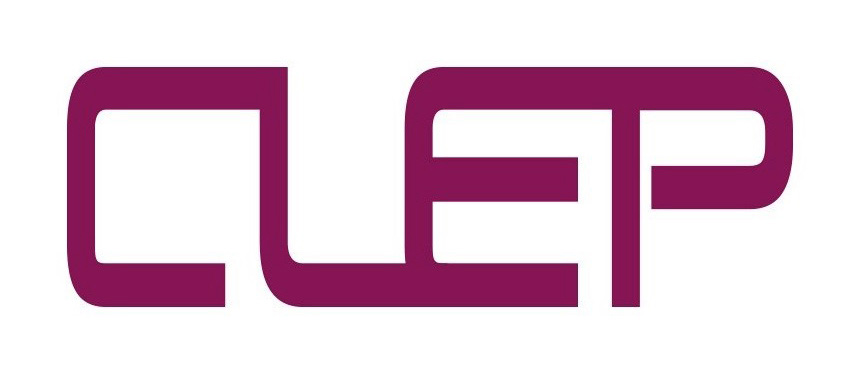Cumbria returns to business
The most recent survey completed by the Business and Economic Response and Recovery Group (BERRG) of the Local Resilience Forum showed that businesses were cautiously optimistic about restarting trading.
The Wave 4 tracker survey identified that 57% of those businesses that had been temporarily closed expected to return to trading once the accommodation and food service sectors reopened on July 4.
BERRG completed a survey of 896 businesses shortly after the start of lockdown and invited those completing the survey to volunteer to complete a tracker survey going forward.
The most recent Wave 4 of the tracker survey was completed by 229 organisations between June 29 and July 3, just before accommodation and food service sectors reopened for business on July 4.
It was clear that Government’s announcement on the re-opening of these sectors had improved business confidence, with a significant improvement in confidence levels on surviving the next six months and six to twelve months. However, there was limited improvement in longer-term business confidence.
Alongside the results from the Wave 4 survey, BERRG has also been reviewing emerging economic data to assess the impact on Cumbria’s economy.
It is clear that there has been a significant adverse impact on Cumbria’s economy with local projections estimating a 20.7% contraction in economic output between March and May 2020 compared to December 2019 and February 2020. This is slightly higher than the national position of 19.1%.
Cumbrian businesses have benefitted from both the Job Retention Scheme and the Self Employment Income Support Scheme with the percentages benefitting from both of these schemes higher than the national average.
Whilst the take up of the Job Retention Scheme in Cumbria is slightly higher than the national average, there are wide local variances, with the rates in South Lakeland and Eden the highest in the UK. It is already clear that the Job Retention Scheme has protected a significant number of jobs in Cumbria, which presents a concern as to what will happen once the scheme unwinds at the end of October 2020.
Jo Lappin, Chair of BERRG and Chief Executive of Cumbria Local Enterprise Partnership, said: “It is clear that the Job Retention Scheme has played a significant part in protecting jobs and businesses in Cumbria. This is demonstrated in Cumbria’s unemployment figures, which currently stand at 4.7% in comparison to the UK’s position of 6.3%.
“However, there are significant variances for different age groups with the rate of those aged 25 to 34 years old standing at 7.4% and those aged 16-24 years old at 6.5% in comparison with the over 55s, which stands at 3%. I am particularly concerned about those aged 25 to 34 years old, who may have significant domestic and financial responsibilities.
“Additionally, the scale of increase has happened during the period when many employees have been furloughed on the Job Retention Scheme. We will therefore need to very closely monitor the position going forward.
“It is encouraging that a level of optimism is returning to the business community and we very much welcome this. However, we are realistic about the challenges our economy, our businesses and our workforce face and will be looking to make sure that our businesses access all of the support available to them over the coming months.
“It is important that we all do everything that we can to support our businesses and that is why BERRG is encouraging everybody to ‘Think Local’.
“We also need all of our customer-facing businesses to protect their businesses by protecting their customers and their workforce, making sure that they operate a COVID-secure environment by recording customers’ details to support NHS Test and Trace and adopting social distancing measures.
“This is really important if we are to keep our economy moving and avoid the risk of local lockdowns in Cumbria.”


